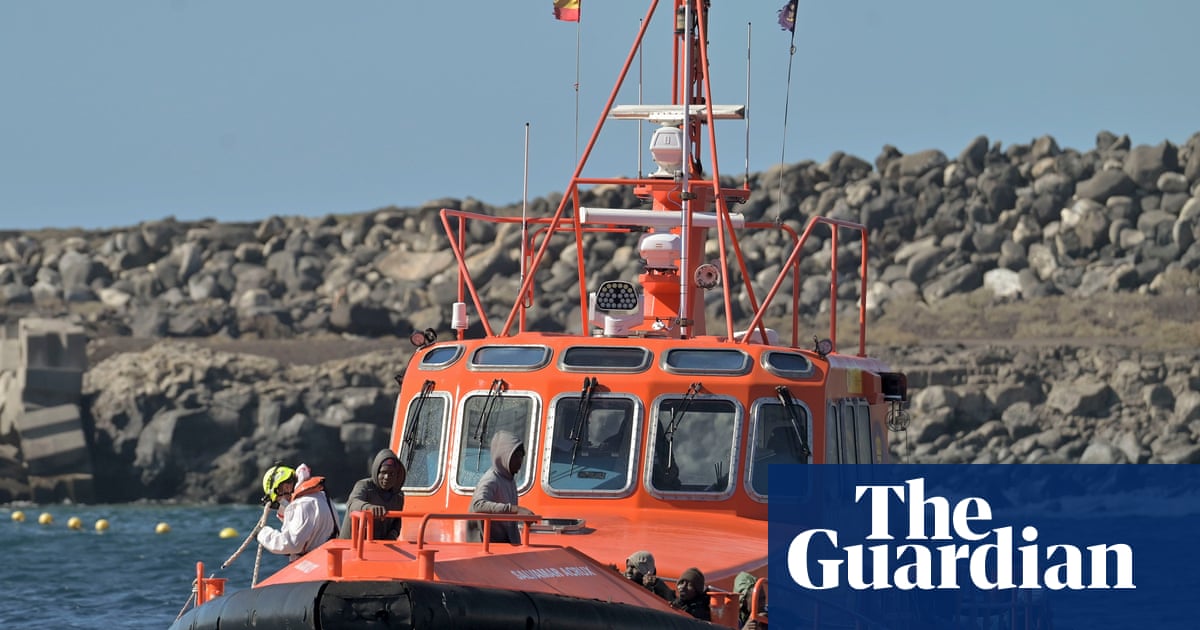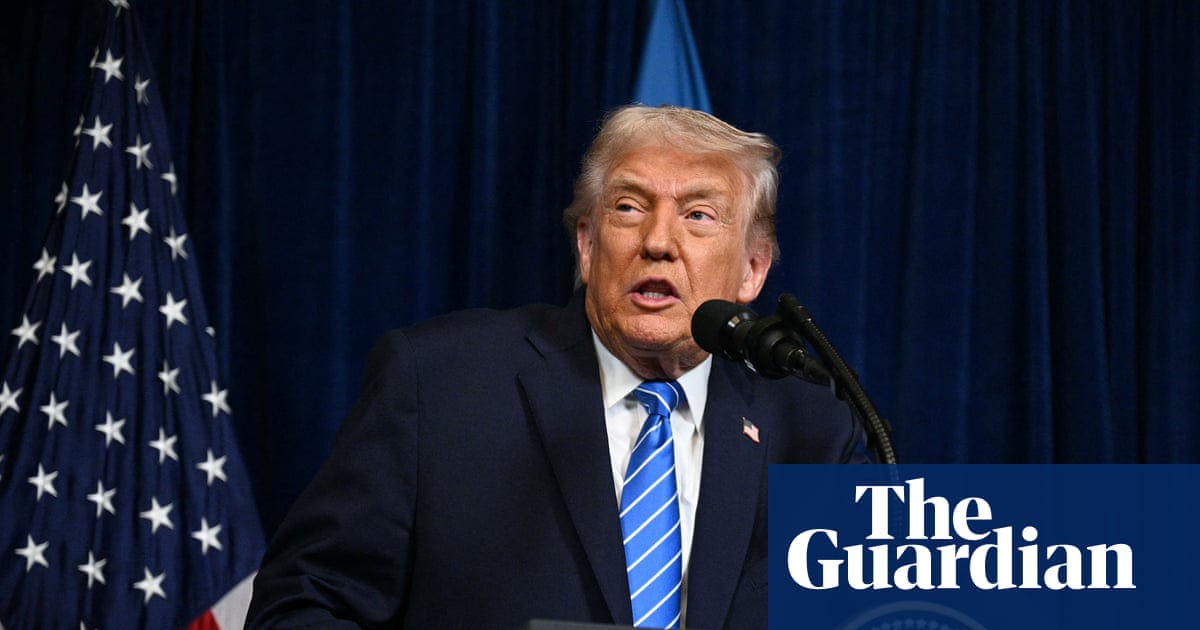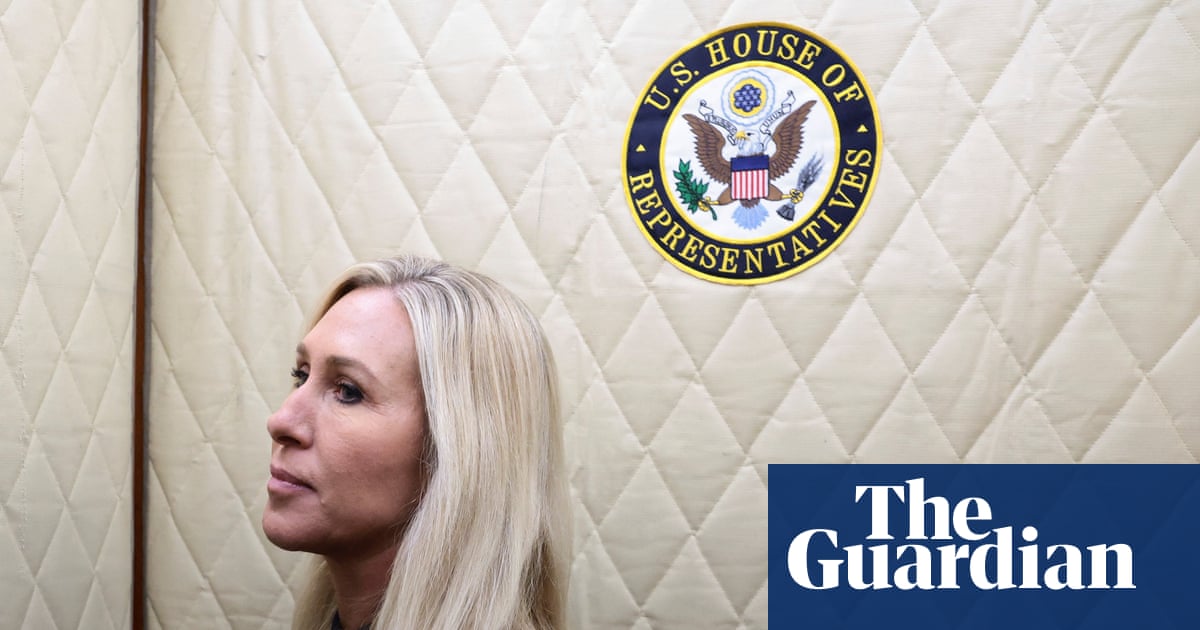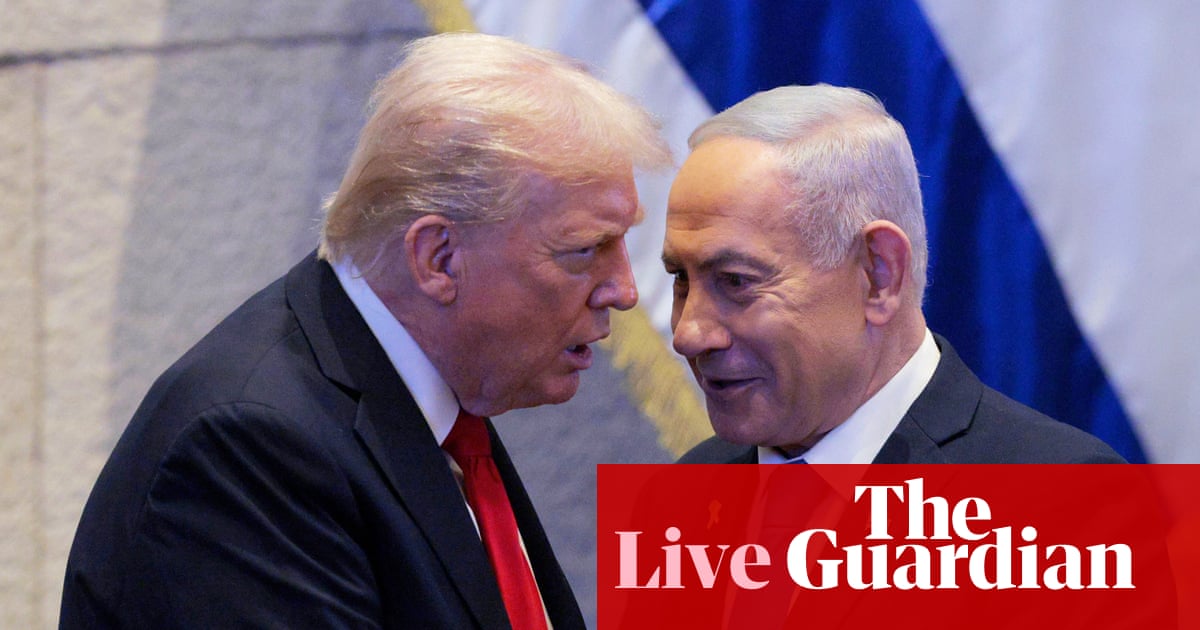France has proposed limiting the use of British-produced military components in the EU’s €150bn defence fund, in a move that could complicate negotiations over the UK’s entry into the scheme.
Four diplomatic sources told the Guardian that French officials had proposed a 50% ceiling on the value of UK components in projects financed through the EU’s €150bn Security Action for Europe (Safe) fund.
The €150bn loans scheme is part of the EU’s drive to boost defence spending by €800bn and re-arm the continent. The European commission president, Ursula von der Leyen, lauded the scheme on Tuesday, telling an audience of policymakers in Brussels that the commission had assigned loans to member states in less than six months since the idea was first mooted – “the sense of urgency we need”.
The door to greater UK participation was pushed open in May when Keir Starmer and von der Leyen signed an EU-UK security and defence partnership. Without this pact, the UK could never supply more than 35% of the value of components of any Safe-funded project.
Yet the UK still needs to negotiate a technical agreement to secure a bigger role for its defence firms, and the EU could impose limits on British participation. The British government also needs to negotiate a fee to join the scheme.
The limits on British inputs were suggested during internal meetings as EU member states prepare a negotiating mandate for the European Commission before talks with Keir Starmer’s government.
The UK and commission will negotiate the cost and terms of British entry into Safe in the coming weeks, but first the EU needs unanimity on its position.
A large majority of member states oppose restrictions on UK participation, as they want flexibility over defence procurement. One EU diplomat described the proposed 50% limit as “the classic French obsession”.
France has long championed the idea of a European defence industry autonomous from the US: it has also argued that since Brexit, Britain can no longer reap the benefits of the EU’s single market.
The UK does not intend to apply for loans, which are earmarked for EU member states, but hopes British defence companies will benefit from the spending bonanza. A formal agreement to enter Safe would make it easier for British firms to be part of defence supply chains to provide kit, ranging from small drones, ammunition and infantry weapons to artillery systems with deep precision strike capabilities.
A spokesperson at the French permanent representation in Brussels said: “We support the European commission in its efforts to establish the parameters for the UK’s association with Safe. The basis for this is provided by the Safe regulation, which stipulates among other principles that some of the components must come from the EU’s industry.”
The UK also needs to negotiate the fee for joining the scheme, intended to cover administrative costs. The EU’s most senior diplomats are due on Wednesday to discuss British entry to Safe, as well as a parallel text for Canada, which also recently signed a defence and security pact with the bloc.
The European Commission’s spokesperson on defence, Thomas Regnier, said: “The UK is an essential partner and ally for the EU, with whom the president has signed a security and defence partnership in May. They have a very advanced defence industry, we share many common interests, hence our will to sign a win-win agreement to fully associate them to our Safe instrument.”
The commission announced that last week 19 EU countries would take out Safe loans. Poland is taking out the largest loan, of €43.7bn, almost one third of the total. France and Hungary will borrow €16.2bn each, Romania €16.7bn and Italy €14.9bn. The EU-backed loans lower the cost of borrowing for many member states and can be spent on supplying national armies or aiding Ukraine.

 3 months ago
55
3 months ago
55

















































